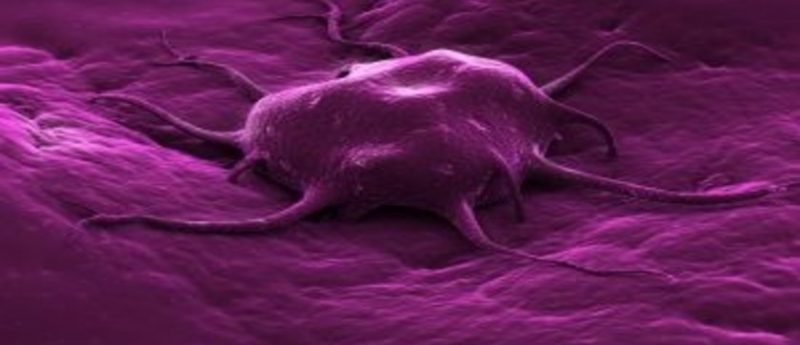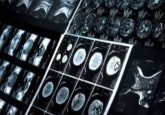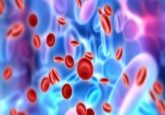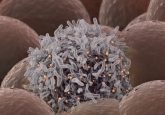Harnessing the alarmin HMGN1 for anticancer therapy

Incipient cancer cells formed as a result of mutations of oncogene(s), tumor suppressor gene(s) and/or DNA repair gene(s) develop into malignant tumors depending on three processes. They acquire a higher rate of mutation due to increased sensitivity to endogenous and exogenous mutagenic agents or due to a breakdown in one or several components of the DNA repair machinery [1]. They need to be induced to grow by hormones, cytokines and other mitogenic signals and achieve replicative immortality. Finally, the host’s immunosurveillance function fails because of immunoediting [2] and formation of an immunossupressive tumor microenvironment, resulting in preventing the immune control or rejection of the cancers [1,2]. Reagents that interfere with any of these processes have been identified as potential anticancer therapeutics [1].
Click here to view the full article in Immunotherapy.




